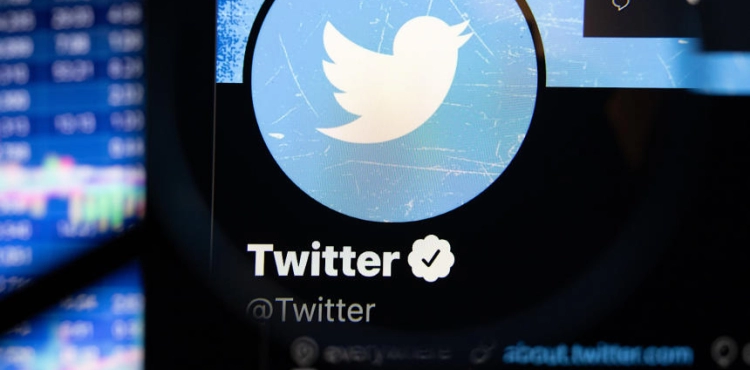Twitter announced its acquisition of the Scroll app, which is designed to read news without ads, with the aim of enhancing the subscription feature that the network intends to launch soon and participating in financing the press, without specifying the value of the deal.
"Scroll has created a way to read articles without ads, pop-ups, and all the visual pollution," Twitter Vice President Mike Park said in a statement.
In parallel, the publications working with Scroll can generate more revenue than they do thanks to traditional advertising space. This is a better model than the internet for both readers and authors. "
Subscribers can browse several websites, from "The Atlantic" to "USA Today", in an experience that is "free of ads, tracking tools or suddenly appearing links," according to Scroll´s confirmation on its website. News sites charge and attract visitors.
For Twitter, this service will become central to its new subscription feature.
"Imagine, as Twitter subscribers, that you have access to advanced features or easy access to reading your favorite newspaper or newsletter, knowing that part of your subscription will go towards financing the publications and writers," said Mike Park.
The US startup Scroll confirmed this deal, offering an apology from users for having to secretly work on tests before the final merger.
Twitter is struggling to find ways to generate revenue without compromising the smooth use of its messaging platform.
The American group published lower-than-expected results last week. The number of daily users that would generate revenue for the network (who saw at least one ad on a given day) reached 199 million in the first quarter, one million fewer subscribers than analysts had expected.
The network is also facing difficulty in expanding its main audience, consisting of celebrities, journalists and political leaders, with the need to continue to increase investments to combat disinformation and problematic content in order to preserve as much as possible the integrity of political discussions and talks.












